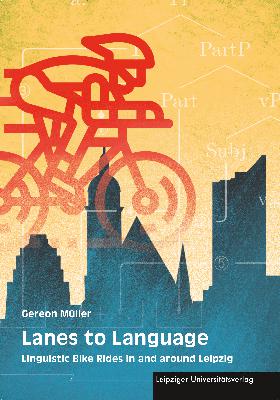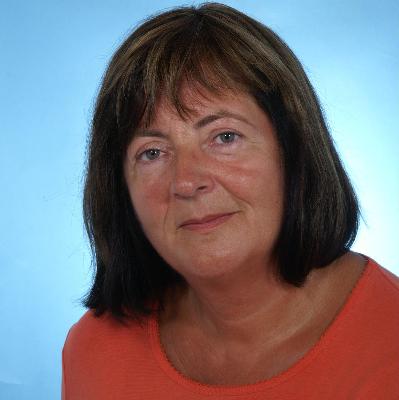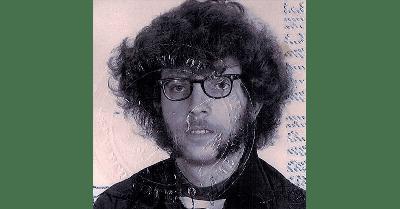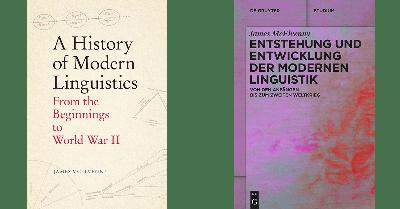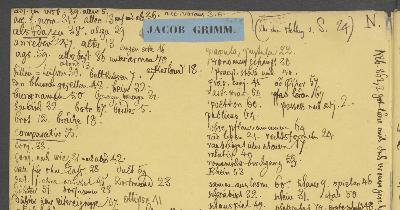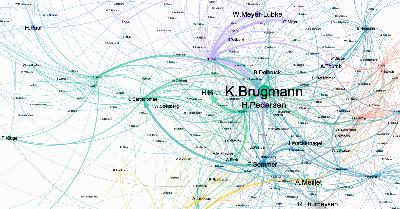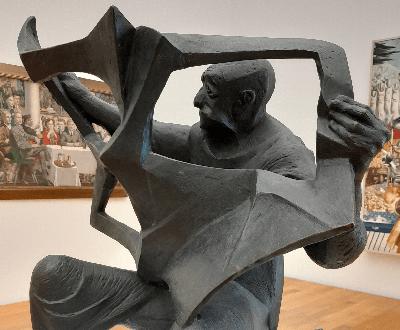Podcast episode 47: Geoff Pullum on Geoff Pullum
Description
In this interview, we talk to Geoff Pullum about his career, his contributions to linguistics, and how he sees the future of the field.
<figure class="wp-block-audio"></figure>
Download | Spotify | Apple Podcasts | YouTube
References for Episode 47
Huddleston, Rodney, and Geoffrey Pullum K., eds. 2002. Cambridge Grammar of the English Language. Cambridge: Cambridge University Press.
Pullum, Geoffrey K. 2018. Linguistics: Why it matters. Cambridge: Polity.
Geno Washington and the Ram Jam Band – Que Sera, Sera (1967) (YouTube)
Transcript by Luca Dinu
JMc: Hi, I’m James McElvenny, and you’re listening to the History and Philosophy of the Language Sciences Podcast, online at hiphilangsci.net. [00:16 ] There you can find links and references to all the literature we discuss. [00:20 ] Today we’re embarking on our series of oral history interviews with living legends in linguistics, and our first living legend is Geoff Pullum, who we’re meeting here in Edinburgh. [00:33 ] So, Geoff, could you please briefly outline your career, so your transition from professional musician, which was your first job, as I understand it, to uni student and then academic, and then your move from the UK to America and then back to the UK? [00:53 ]
GP: The whole of that? [00:54 ]
JMc: The whole of that, yeah. [00:56 ]
GP: Well, first, I should make it clear that as a musician, as a piano player in a rock and roll band initially, who later moved on to Hammond organ, [01:08 ] I was in that job because it was really the only way I could sink below the jobs I had had up to that point. [01:18 ] I was a high school dropout and had no ideas at all of what I was going to do, [01:25 ] and playing the piano in a rock and roll band doing German residencies and German nightclubs and American air bases seemed better than sweeping floors. [01:38 ]
JMc: OK. Which parts of Germany were you in? [01:40 ]
GP: The Rhineland, mainly. [01:42 ]
JMc: OK. [01:43 ]
GP: For five years, I made my living as a professional musician, and Pete Gage and I tried to form a band that was really inspired by the performances of James Brown, a great Black American showman, band leader and so on. [02:04 ] But there were a lot of things we didn’t have, like a singer with that kind of vocal range and this kind of business acumen and so on. [02:14 ] Building a band means being sophisticated about money, technology, and networking, knowing the right people and how to deal with outright crooks and so on. [02:32 ] At the end of five years, I was beginning to find it a terrible way to earn a living. [02:39 ] The tedium is hard to get across. [02:44 ] You travel all day, maybe five, six hours sitting in a van up motorways that you’ve seen before. [02:52 ] You spend two hours hauling equipment in and setting stuff up. [02:56 ] You then spend one hour maybe playing the same songs you’ve played before, and then more waiting and hauling all the stuff out. [03:05 ] Then you sleep in a cheap hotel and get back in the van and do it again. [03:11 ] It’s a horrible life. [03:13 ] I wanted glamour and excitement. [03:15 ]
JMc: I mean, it doesn’t sound that much different from being a university lecturer repeating the same material [laughs] [03:20 ]
GP: Oh, it’s very, very different. [03:21 ]
JMc: OK. [03:22 ]
GP: And I found being a Professor of Linguistics, which I was basically within about 10 years after I quit the music business, vastly better than being a rock musician, so much better in every single way. [03:36 ]
JMc: But your band was relatively successful, wasn’t it? [03:39 ] I’ve seen a clip even from German TV of you guys performing. [03:43 ]
GP: As Geno Washington & the Ram Jam Band… [03:46 ]
JMc: Yeah, exactly. [03:47 ]
GP: …it was moderately successful. [03:50 ] That’s not quite good enough to make a lifetime career. [03:56 ] We were contemporary with the Rolling Stones, and I really admired them for having the tenacity, the staying power and the business acumen to just turn it into a multi-million-dollar business. [04:10 ] We didn’t have that. [04:12 ] The Ram Jam Band had broken up within three years of being founded, leaving me with absolutely nothing because I had no high school education to speak of. [04:22 ] I had been failing all my exams at the age of 16. [04:27 ] I had to start from scratch, and that was a struggle. [04:31 ] I would not advise anyone to follow this path. [04:38 ] By dint of sixth form college courses, as they’re called in Britain, I scraped together enough qualifications that I was minimally qualified to enter a university and applied to six of them, [04:53 ] and just one, the University of York, took a chance on me, mainly because the head of department happened to know my academic referee, a teacher called Charles Duchesne, who really is someone I owe a lot to. [05:11 ] He happened to know him personally and called him on the phone, and Duchesne apparently said, “Well, yes, he’s got a chequered background, and… But he is smart, take a chance.” [05:23 ] Robert Le Page did that and allowed me into the University of York’s Department of Language, [05:32 ] partly through misunderstandings, but the interview went well and I was in. [05:39 ] And I discovered that linguistics was fascinating and I started working at it all the time. [05:46 ] How I knew to apply for linguistics departments was another accident. [05:51 ] In the 1960s, there were no departments in Britain that gave an undergraduate major course in linguistics, [06:01 ] so back in 1963, ’64, ’65, I couldn’t have gone to university and studied linguistics, [06:12 ] but by 1968,it was possible at just two places, and one of them had admitted me, despite my dreadful academic record. [06:24 ] Once I was working for the first time in my life on something academic that I found rewarding and interesting, I just sort of took off. [06:36 ] The way I look at it is, you don’t really need to be some born genius to achieve reasonable success. [06:47 ] If you work all the time on it, put all your energy into it, because of your interest, you’ll do pretty well. [06:54 ] So I did pretty well, and ignoring the advice of people who told me, “Well, you can’t possibly continue with it. There are no jobs.” [07:03 ] I applied to do a PhD at Cambridge, and within one year at Cambridge, though it was a terrific year, a formative year, when I met most of the linguists of my generation that I ever knew [07:17 ] — it was a marvellous coming together of numerous people like Gerald Gazdar and Ewan Klein and Greville Corbett, Andrew Radford; [07:27 ] all sorts of people happened to be there in Cambridge, mainly because Ed Keenan had an appointment at the Research Centre at King’s College and along with Bernard Comrie was running a seminar on universal grammar, which we all attended, [07:45 ] so it was a terrific year at Cambridge. [07:49 ] But by the end of it, I had actually been offered a lectureship at University College London after a brief interview visit and giving a sample job talk. [08:00 ] And that paid more than being a graduate student. You didn’t need a PhD to be a lecturer in those days. [08:07 ]
JMc: And was the field expanding as well, like that there were actual jobs? [laughs] [08:13 ]
GP: Well, there was one for me, and I always tell graduate students who are worried about the job market is, [08:20 ] yeah, there may be hundreds of students on the market looking for academic jobs. [08:26 ] You don’t have to worry about them. [08:28 ] You’re going to be up against maybe three or four people. [08:31 ] You just have to give a bette




